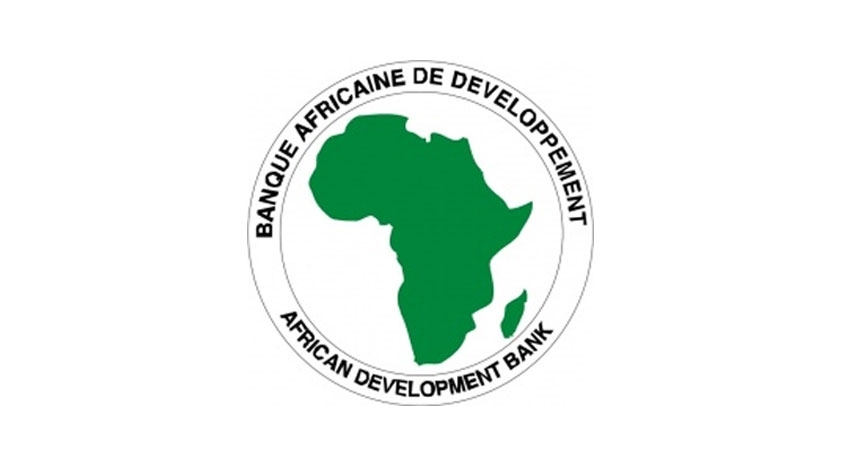AfDB sanctions $272.12 million loan for construction of Tanzania’s Msalato International Airport
Tanzania will receive a $272.12 million loan from the African Development Bank (AfDB) for the construction of Msalato International Airport in Dodoma.

December 23, 2019: Tanzania will receive a $272.12 million loan from the African Development Bank (AfDB) for the construction of Msalato International Airport in Dodoma.
Of the total loan amount, AfDB will provide $198.6 million while African Development Fund (ADF) will contribute $23.52 million. ADF is the concessional financing window of the AfDB.
In addition, $50 million will be provided in co-financing with the Africa Growing Together Fund (AGTF).
The loan amount will be used to construct a high-capacity airport that can accommodate the future growth of Tanzania’s air transport.
Work will include the construction of a passenger terminal, a runway, and air navigation equipment. Other operational services for the project include water supply systems and electrical power distribution substations.
The new facility is expected to handle at least 50,000 aircraft and a million passengers per year, most of which will be international. It will benefit and serve more than 200 million passengers in East Africa, as well as international trade networks, and especially business travellers and tourists.
AfDB infrastructure and urban development department director Amadou Oumarou said, “An expanded air transport network in Dodoma, together with the ongoing high-speed railway construction on the central corridor is necessary infrastructure investments to help unlock and disperse spatial development in the countryside. This will strengthen the city’s potential as a strategic growth pole in keeping with Tanzania’s national development aspirations of fostering shared growth for all the regions.”
In 2017, AfDB approved a $160 million loan to carry out the expansion of Jomo Kenyatta International Airport (JKIA) in Nairobi, Kenya. The expansion involved the construction of a 4.9 kilometres runway in accordance with the International Civil Aviation Organisation’s (ICAO) Category II standards.
As of late November 2019, AfDB portfolio in Tanzania comprised of 21 public and two private-sector operations, with a total commitment of approximately $2.1 billion. The transport sector alone accounts for 51 percent of project funding, followed by energy (16 percent), water and sanitation (12 percent), finance (6 percent), agriculture (6 percent), multisector interventions (5 percent) and social projects (4 percent).


